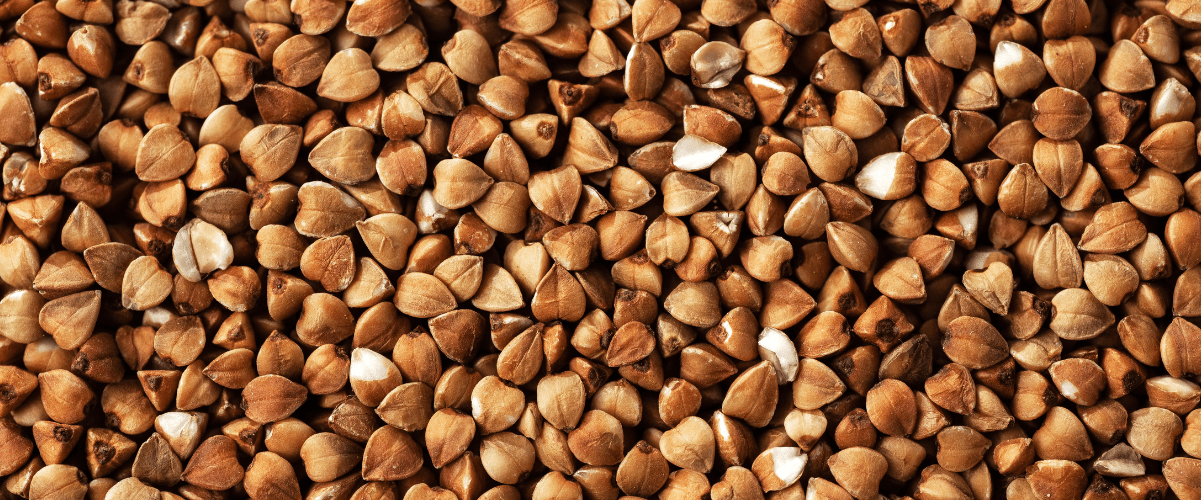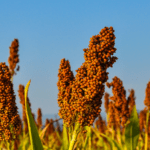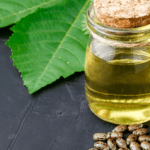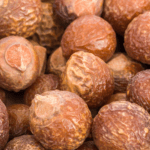
Buckwheat
Buckwheat is a pseudo grain (it’s a seed used as a grain!) and is naturally gluten free.
Botonical Name: Fagopyrum esculentum Moench
Other Names: Kuttu, Ogal, Phaphar (India); Soba (Japna);
Nutrition:
Buckwheat is a nutritionally dense food (superfood) and contains the following:
- Phytochemicals (including rutin, isoquercitrin, quercetin, catechin, myricetin and various anthocyanins)
- Buckwheat is also a dietary source of fiber, zinc, enterolactone, copper,zinc, selenium and manganese. The bioavailability of Zinc, Copper, manganese and selenium is one of the highest in buckwheat among other grains.
Therapeutic Properties:
Commonly attributed therapeutic properties are antioxidant, anticarcinogenic, antimutagenic, and antifungal properties.
Germinated buckwheat has anti-fatty liver properties.
Benefits:
Regular consumption of buckwheat will result in:
- Lower level of triglycerides, total cholesterols and LDL cholesterol.
- Reduce gall stone formation
- Controls blood sugar levels
Buckwheat and Cancer:
Buckwheat has cytotoxic effects in human breast, liver and stomach cancer cells. It is found to inhibit proliferation of liver, breast and leukaemia cancer cells. It also inhibits carcinogen-induced mammary tumours in laboratory rats by lowering circulating estrogen.
Quercetin (a phytochemical) found in buckwheat is shown to prevent breast cancer metastasis. It is also shown to increase the effectiveness of chemotherapy (for both Adriamycin and Taxol types of chemotherapy).
Rutin, one more phytochemical found in buckwheat reduces cardiotoxic effects of chemotherapy.
Buckwheat is rich in lignans (enterolactone) which is beneficial for breast cancer, specifically for postmenopausal women.
Dhatu buckwheat flour is whole (not refined) and is organic. Most commerical buckwheat flours are refined and does not offer the full benefits of buckwheat. We highly recommend consuming whole buckwheat flour and preferably organic.
Discover more from Dhatu
Subscribe to get the latest posts sent to your email.




